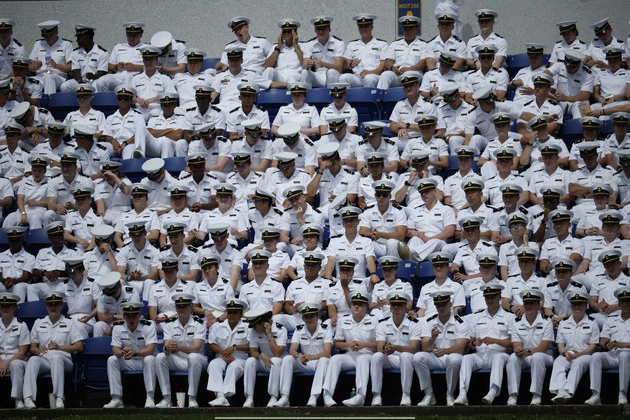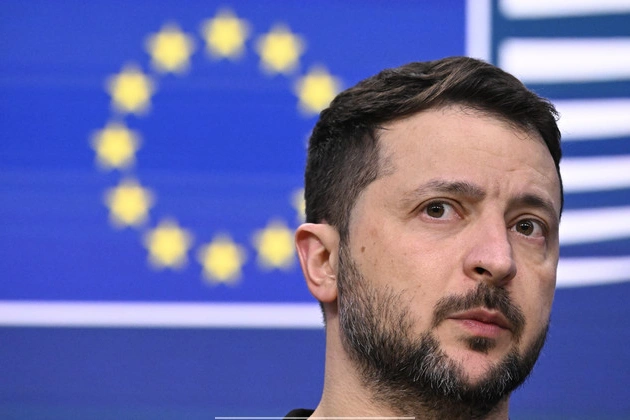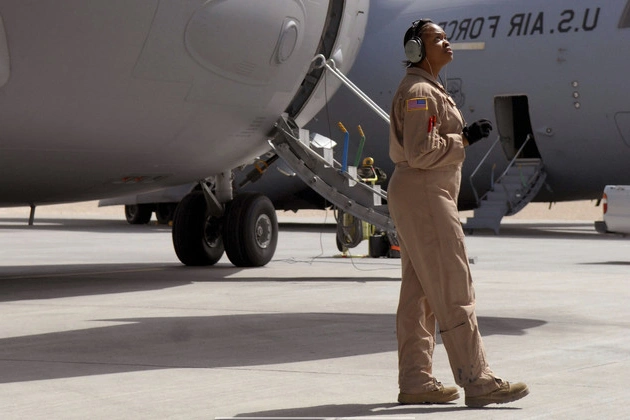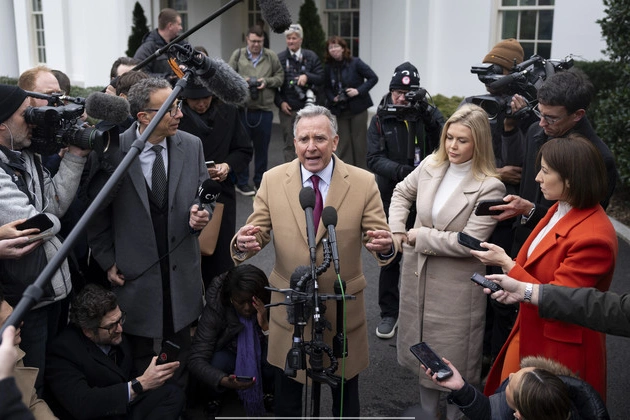
Turf War Escalates Over DC Fighter Jet Squadron-RFK Stadium Deal
Introduction
A fierce turf battle has ignited over the relocation of a fighter squadron from the District of Columbia to Maryland, sparking concerns about the safety of the nation’s capital. The planned transfer of the 121st Fighter Squadron to the Maryland Air National Guard has stirred up a heated debate among military leaders and lawmakers.
Background of the Dispute
The decision to move the F-16 squadron as part of a larger agreement between DC and Maryland regarding the RFK Stadium site has raised questions about national security vulnerabilities. Retired military officials, including Maj. Gen. George Degnon, have criticized the transfer, labeling it as a politically driven move that compromises the defense capabilities of the capital region.
Security Implications
The 121st Fighter Squadron, equipped with F-16s crucial for air defense, has been integral in safeguarding the capital area post-9/11. In contrast, Maryland’s A-10 aircraft, designed for ground missions, lack the same air defense capabilities. This disparity has fueled concerns about potential security gaps in DC’s airspace.
Legal and Operational Concerns
Questions have been raised regarding the legality and transparency of the transfer process. The absence of congressional approval and consultation with the DC National Guard commander has been highlighted as procedural oversights. Moreover, the integration of Maryland personnel under DC missions has triggered debates about operational control and decision-making structures.
Political Dynamics
The transfer of the fighter squadron has become entangled in political negotiations, with Maryland lawmakers leveraging the move to secure concessions from DC. The ripple effects of this decision extend beyond military strategy, impacting the redevelopments of the RFK Stadium site and potentially influencing the return of the Washington Commanders football team to the city.
Future Implications
The evolving scenario underscores the intricate interplay between political interests, military priorities, and regional security concerns. As stakeholders continue to voice their apprehensions and support for the transfer, the ultimate implications on national defense strategies and inter-state relations remain uncertain.















